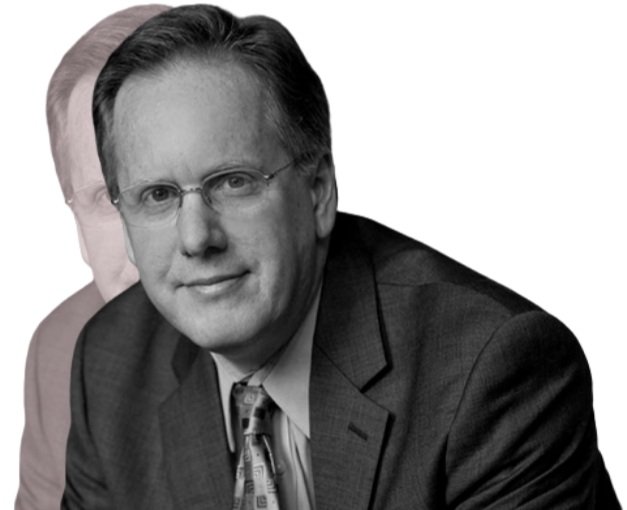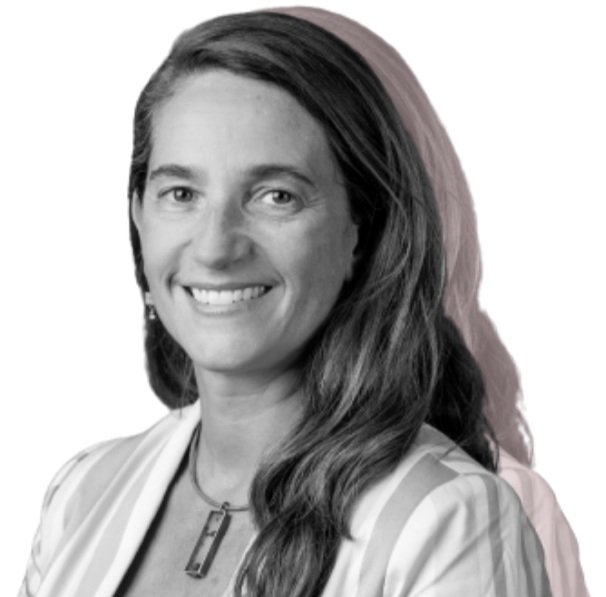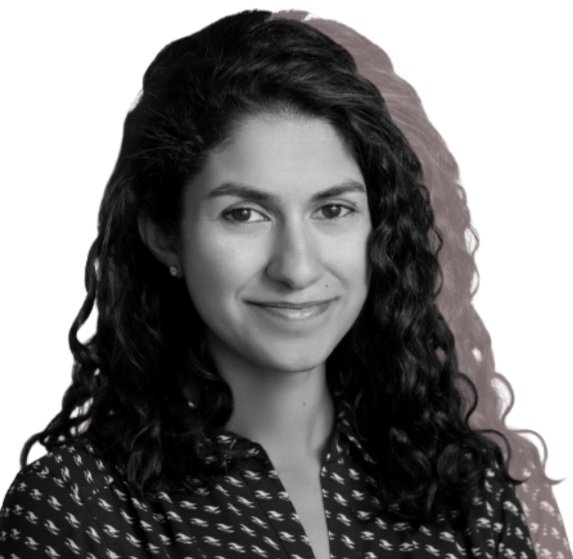The Article III Judiciary: Democracy's Last Line of Defense
The Article III Judiciary: Democracy's Last Line of Defense
The Loyola Law Review proudly presents the 2023 Symposium, “The Article III Judiciary: Democracy’s Last Line of Defense,” a symposium focusing on recent decisions anchoring constitutional interpretation on historical understandings of the Constitution, and on the independence of the judiciary. Each panel will explore various issues arising in, faced by, and stemming from the judicial branch. Panelists include professors from across the nation as well as judges from the United States District Court for the Eastern District of Louisiana. Each of the three panels will discuss a wide range of topics, from the history of the judicial branch to the role of modern-day judges. The primary goal of this symposium is to create a more well-rounded understanding of the role of judiciary and the future of our nation's judicial system.
This year’s symposium will offer 6.2 LSBA-Approved CLE credit hours.
Tentative Schedule
8:30 AM | Registration with coffee, tea, & pastries
9:00 AM | Welcome
Mallory Knudsen, Candidate Development & Symposium Editor, Loyola Law Review
Madeleine Landrieu, Dean and Judge Adrian G. Duplantier Distinguished Professor of Law, Loyola University New Orleans College of Law
9:15 AM | Panel I: Reflections on Judicial Review, Legitimacy, and Historiography
Moderator: M. Isabel Medina, Ferris Family Distinguished Professor of Law, Loyola University New Orleans College of Law
Rebecca Zietlow, Associate Dean for Academic Affairs, Associate Dean for Diversity, Equity and Inclusion, Distinguished University Professor, and Charles W. Fornoff Professor of Law and Values, The University of Toledo College of Law, “The Counter-Majoritarian Difficulty Revisited”
Eric J. Segall, Ashe Family Chair Professor of Law, Georgia State College of Law, “Bruen’s Misstatement of the Role History Plays in Constitutional Litigation”
Stephen M. Griffin, W.R. Irby Chair and Rutledge C. Clement Jr. Professor in Constitutional Law, Tulane University Law School, “Historical Understanding and the Supreme Court”
10:45 AM | Break with Refreshments
11:00 AM | Panel II: Reflections on Judicial Independence and Integrity
Moderator: Robert Garda Jr., Fanny Edith Winn Distinguished Professor of Law, Loyola University New Orleans College of Law
Ilya Somin, Professor of Law, George Mason University Antonin Scalia Law School, “Court Packing”
Luis Fuentes-Rohwer, Professor of Law, Class of 1950 Herman B Wells Endowed Professor, Indiana University Maurer College of Law, “The Vaello Madero Decision”
Caprice L. Roberts, J.Y. Sanders Professor of Law, Louisiana State University Paul M. Hebert Law Center, “Judicial Fidelity”
Zina Makar, Assistant Professor of Law, University of Baltimore School of Law, “Charting the Feedback Loop of the Orders Docket”
1:00 PM | Lunch
2:30 PM | Reflections on Article III by Article III Judges
Moderator: Andrea Armstrong, Law Visiting Committee Distinguished Professor of Law, Loyola University New Orleans College of Law
The Honorable Nannette Jolivette Brown, Chief Judge, U.S.D.C. for the Eastern District of Louisiana, “Judicial Security: Free from Fear, Free from Tyranny”
The Honorable Susie Morgan, U.S.D.C. for the Eastern District of Louisiana, “Public Trust in the Judiciary”
The Honorable Ivan L.R. Lemelle, U.S.D.C. for the Eastern District of Louisiana, “Amending the Constitution: If Not Now, When?”
The Honorable Jane Triche Milazzo, U.S.D.C. for the Eastern District of Louisiana, “The Significance of Public Perception of the Judiciary”
The Honorable Jay C. Zainey, U.S.D.C. for the Eastern District of Louisiana, “Maintaining the Dignity and Respect of an Independent Judiciary”
4:10 PM | Keynote Address
Erwin Chemerinsky, Dean, University of California, Berkeley, School of Law, “How the Supreme Court Became a Threat to Democracy”
Panel I: Reflections on Judicial Review, Legitimacy, and Historiography
Panelists:
Rebecca Zietlow, “The Counter-Majoritarian Difficulty Revisited”
Associate Dean for Academic Affairs, Associate Dean for Diversity, Equity, and Inclusion, Distinguished University Professor and Charles W. Fornoff Professor of Law and Values, The University of Toledo College of Law
Eric J. Segall, “Historical Understanding and the Supreme Court”
Ashe Family Chair Professor of Law, Georgia State College of Law
Stephen M. Griffin, “Historical Understanding and the Supreme Court”
W.R. Irby Chair and Rutledge C. Clement Jr. Professor in Constitutional Law, Tulane University Law School
Moderated by M. Isabel Medina, Ferris Family Distinguished PRofessor of Law, Loyola Universiy New Orleans College of Law
Panel II: Reflections on Judicial Independence and Integrity
Panelists:
Professor of Law, George Mason University Antonin Scalia Law School
Caprice L. Roberts, “Judicial Fidelity”
J.Y. Sanders Professor of Law, Louisiana State University Paul M. Hebert Law Center
Luis Fuentes-Rohwer, “The Vaello Madero Decision”
Professor of Law, Class of 1950 Herman B. Wells Endowed Professor, Indiana University Maurer College of Law
Zina Makar, “Charting the Feedback Loop of the Orders Docket”
Assistant Professor of Law, University of Baltimore School of Law
Moderated by Robert Garda, Jr., Fanny Edith Winn Distinguished Professor of Law, Loyola University New Orleans College of Law
Panel III: Reflections on Article III by Article III Judges
Panelists:
The Honorable Ivan L.R. Lemelle, “ Amending the Constitution: If not now, when?”
District Judge, United States District Court for the Eastern District of Louisiana
The Honorable Jane Triche Milazzo, “The Significance of Public Perception of the Judiciary”
District Judge, United States District Court for the Eastern District of Louisiana
The Honorable Susie Morgan, “Public Trust in the Judiciary”
District Judge, United States District Court for the Eastern District of Louisiana
The Honorable Jay C. Zainey, “Maintaining the Dignity and Respect of and Independent Judiciary”
District Judge, United States District Court for the Eastern District of Louisiana
Moderated by Andrea Armstrong, Law Visiting Committee Distinguished Professor of Law, Loyola University New Orleans College of Law
Keynote Address:
“How the Supreme Court Became a Threat to Democracy”
Erwin Chemerinsky
Dean, University of California, Berkeley, School of Law
Erwin Chemerinsky became the 13th Dean of Berkeley Law on July 1, 2017, when he joined the faculty as the Jesse H. Choper Distinguished Professor of Law. Prior to assuming this position, from 2008-2017, he was the founding Dean and Distinguished Professor of Law, and Raymond Pryke Professor of First Amendment Law, at University of California, Irvine School of Law. Before that he was the Alston and Bird Professor of Law and Political Science at Duke University from 2004-08, and from 1983-2004 was a professor at the University of Southern California Law School, including as the Sydney M. Irmas Professor of Public Interest Law, Legal Ethics, and Political Science. From 1980-83, he was an assistant professor at DePaul College of Law.
He is the author of sixteen books, including leading casebooks and treatises about constitutional law, criminal procedure, and federal jurisdiction. His most recent books are Worse than Nothing: The Dangerous Fallacy of Originalism (2022) and Presumed Guilty: How the Supreme Court Empowered the Police and Subverted Civil Rights (2021). He also is the author of more than 200 law review articles. He is a contributing writer for the Opinion section of the Los Angeles Times, and writes regular columns for the Sacramento Bee, the ABA Journal and the Daily Journal, and frequent op-eds in newspapers across the country. He frequently argues appellate cases, including in the United States Supreme Court.
In 2016, he was named a fellow of the American Academy of Arts and Sciences. In 2017, National Jurist magazine again named Dean Chemerinsky as the most influential person in legal education in the United States. In 2022, he is the President of the Association of American Law Schools.
















